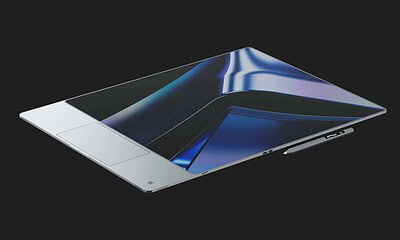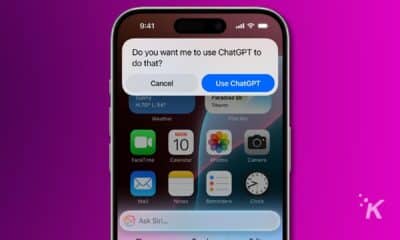Apple
Apple ends iPhone 14, SE 3 sales in EU after USB-C standardization
The new USB-C standardization rule has led to this decision, but resellers and second-hand markets remain unaffected.

Just a heads up, if you buy something through our links, we may get a small share of the sale. It’s one of the ways we keep the lights on here. Click here for more.
Apple has officially removed the iPhone 14 and third-generation iPhone SE from its online stores in several European Union countries.
This decision aligns with the EU’s forthcoming charger regulations, requiring all smartphones, tablets, and headphones in the region to adopt USB-C charging ports by 2025.
Rumors of Apple’s move began earlier in December, and it has now materialized with removing these Lightning-equipped models from the EU’s Apple Store platforms.
Apple can no longer sell new iPhone 14 and iPhone SE 3 models in the EU
The iPhone 14 and SE have disappeared from Apple’s online store menu in affected EU countries (via MacRumors), including France, Germany, Austria, Italy, the Netherlands, Sweden, and others.
While the UK remains unaffected due to its non-EU status, neighboring Ireland has also been impacted.
On Apple’s regional websites, the iPhone section now skips from the iPhone 15 directly to the compare options, removing the previously listed iPhone 14 and SE.
Apple has not issued an official statement about the removal, but industry experts attribute the change to the EU’s common charger directive.
The directive aims to simplify charger compatibility and reduce electronic waste. By discontinuing Lightning-port devices late in 2024, Apple follows the regulation, ensuring its offerings in the EU align with the USB-C mandate.
Interestingly, the regulation technically does not forbid the sale of older devices designed before the directive’s implementation.
This means older Lightning models could, in theory, continue being sold legally.
However, Apple’s decision to halt sales suggests a strategic shift toward phasing out non-USB-C devices entirely.
Resellers and second-hand markets remain unaffected, and third parties can still sell existing stock. However, resellers can no longer source new iPhone 14 or SE units directly from Apple.
Sales of these models outside the EU may also face challenges.
The UK government is considering adopting similar charging mandates, potentially prompting Apple to make similar adjustments in the UK market.
What do you think about this new move from the EU? Do you think it’s fair for Apple to discontinue older models because of it? We would love to hear more from you below in the comments, or via our Twitter or Facebook.































